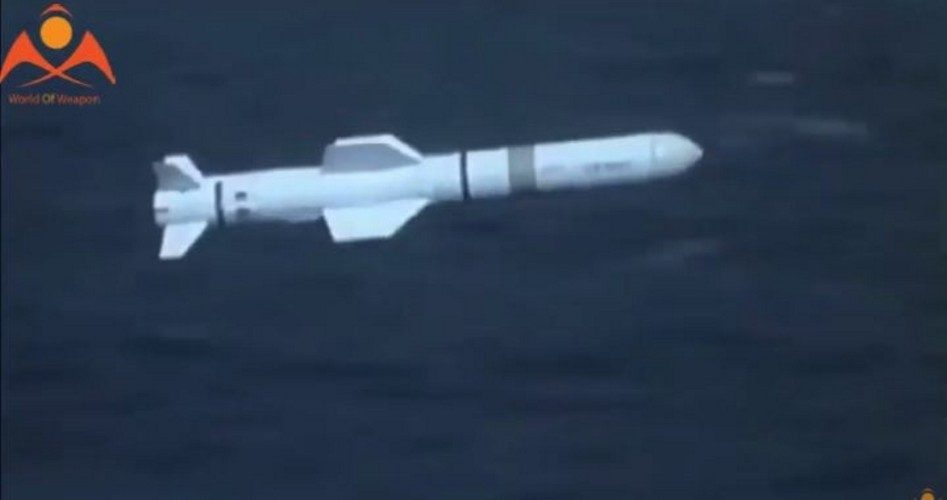
The 2017 Nobel Peace Prize was awarded to the International Campaign to Abolish Nuclear Weapons (ICAN) in Oslo, Norway, on Friday, October 6. Historically, the Nobel Peace Prize has been awarded to those who exemplify grand efforts to work toward fraternity between nations: dismantling standing armies while promoting peace. The Norwegian Nobel Committee published a press release disclosing why ICAN was chosen, saying, “The organization is receiving the award for its work to draw attention to the catastrophic humanitarian consequences of any use of nuclear weapons and for its ground-breaking efforts to achieve a treaty-based prohibition of such weapons.”
ICAN, founded in 2007, is a coalition of non-governmental organizations in 100 countries that acted as the driving force behind the United Nation’s Treaty on the Prohibition of Nuclear Weapons. According to James Masters, a contributor to CNN, “The treaty prohibits a catalog of nuclear activity, including undertaking development, testing, production, manufacturing, acquiring, possessing or stockpiling nuclear weapons.” The treaty, backed by 122 nations, failed to gain support from the United States, United Kingdom, France, Russia, and China — the five permanent members of the UN Security Council, and five of the strongest states in the international system.
The Norwegian Nobel Committee believes there is a grave but curable threat to humanity and life on Earth posed by nuclear weapons. The press release continued, “Some states are modernizing their nuclear arsenals, and there is a real danger that more countries will try to procure nuclear weapons, as exemplified by North Korea.” The committee views ICAN as an instrument of peace, having the ability to bring about fraternity and peace between nations. It stated: “The coalition has been a driving force in prevailing upon the world’s nations to pledge to cooperate with all relevant stakeholders in efforts to stigmatise, prohibit and eliminate nuclear weapons. To date, 108 states have made such a commitment, known as the Humanitarian Pledge.”
In awarding ICAN the Nobel Peace Prize, presumably what is being claimed is that the disarmament advocated by ICAN would bring about peace. But would it?
The results of a similar endeavor are viewable: Disarming citizens of their guns not only fails to eliminate deaths, but further entices offenders to buy, sell, trade, and use arms covertly. Similarly, disarming states of nuclear weapons will not end war; it will only cause states to ignore any agreements or create and hoard such weapons clandestinely. Consider North Korea. On July 7, 2017, the world’s nations were presented with the Treaty on the Prohibition of Nuclear Weapons, “a landmark international agreement that outlaws the ultimate weapons of mass destruction and establishes a pathway to their elimination.” ICAN recorded North Korea’s status as follows, “North Korea, which is in the process of developing nuclear weapons, did not participate in the negotiation of the UN Treaty on the Prohibition of Nuclear Weapons. In 2003 it announced its withdrawal from the Non-Proliferation Treaty, and has since carried out multiple nuclear test explosions.”
States fervently compete with one another to maintain military power. North Korea’s response to the non-proliferation treaty strongly indicates it has no intention of halting the production of nuclear weapons; therefore, it should not be expected that the United States, United Kingdom, France, Russia, and China will stop producing or utilizing them any time soon. In fact, countries regularly ignore international agreements that are not to their liking. Earlier this year, Russia deployed a new nuclear cruise missile — the SSC-8 — in violation of the 1987 Intermediate-Range Nuclear Forces Treaty it signed with the United States.
Also, should ICAN eventually persuade other major states to sign the ban on nuclear weapons, there would need to be an international security force under which the status quo is monitored, eliminating sovereignty. War will not cease to exist; sovereignty and freedom will.
Image: Screenshot of a video on the SSC-8 missile by World of Weapon


